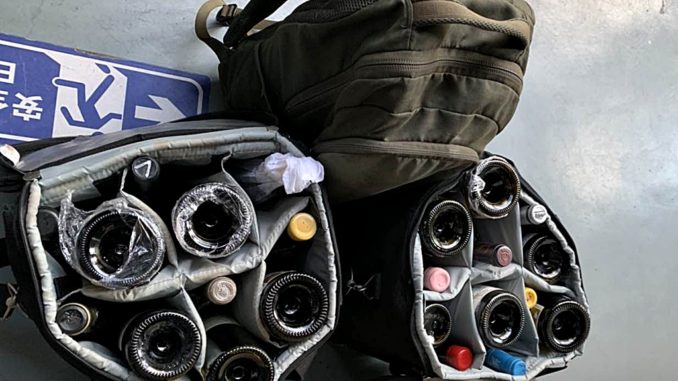
By Jim Boyce | Wine and weightlifting are a perfect pairing for Alberto Pascual of Shanghai-based distributor Pasion. Pascual often shoulders a heavy load–13 bottles in a backpack and 12 bottles each in bags dangling from his arms–when making the rounds of Shanghai on his scooter.
With a Coravin machine and an hour or two, Pascual can deliver a crash course in Spanish wine diversity to clients. Then hoist those bottles again and go to another tasting.
During a break in his weightlifting, I asked Pascual about his thoughts on the China wine market and more.
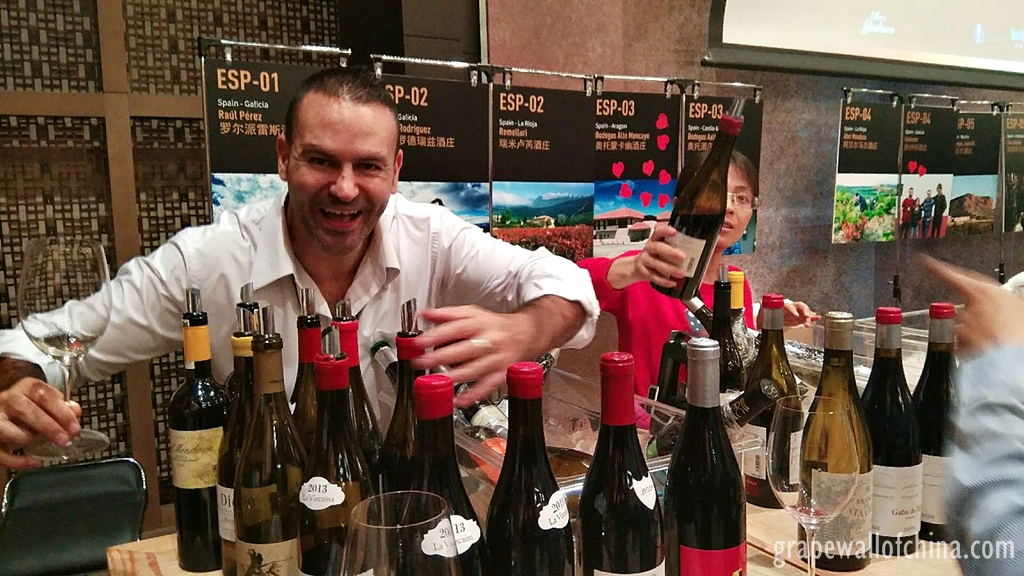
JB: Spanish wines in China tend to be high volume, low price. But your wines tend to be low volume, high price. How did you build your customer base and convince people to pay for quality Spanish wines?
AP: I don’t try to convince them. I focus on giving people a chance to taste a lot of wines, to taste different wine styles from all over Spain.
Spain has lots of diversity and ranks among the best for quality and price. And the more wine people try, the more they know what is best in the market. In the end, tasters have their own preferences and the last word.
Believe me, when people join our tastings, they are surprised. First, by trying so many wines in one day. Second, by all of the grape varieties, styles and regions they didn’t know.
For me, that’s magic. When I see a person surprised with a new wine. I love that feeling. This is not a business for me, it’s more a passion, and I think people like that.
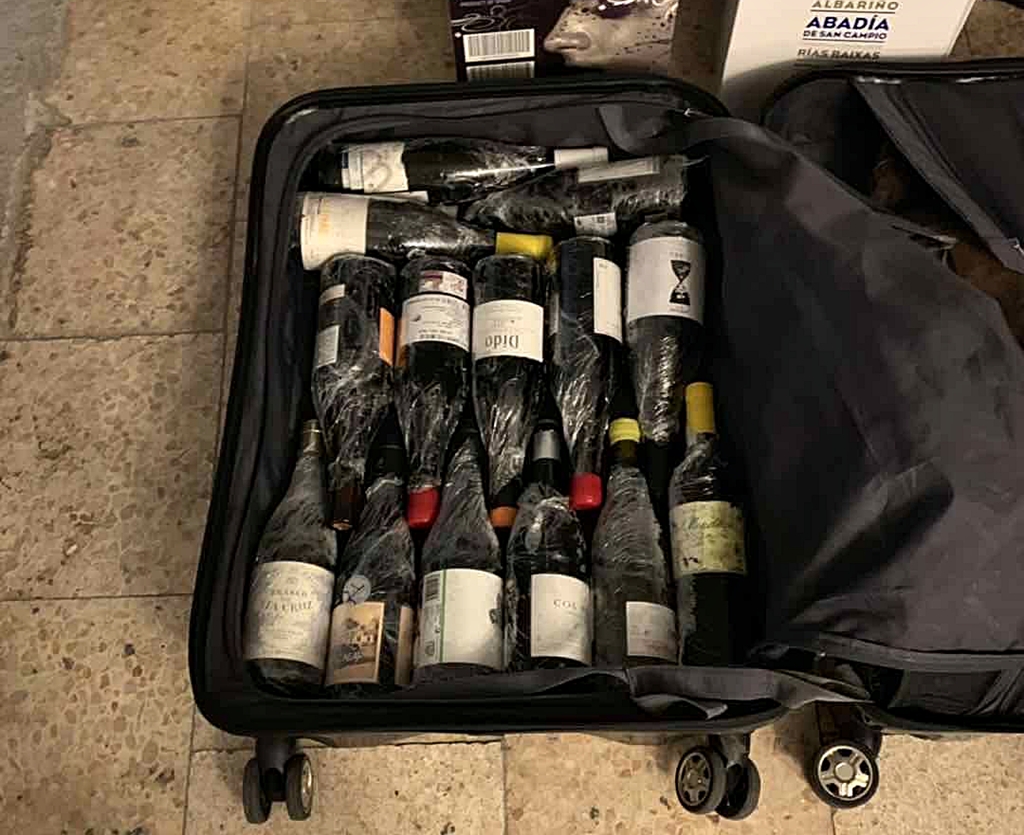
The wine market has slowed over this past year. Have you had to adjust your sales and distribution strategy?
We focus on boutique wine. Even early this year, we were importing from five new exclusive Spanish wineries, including Artuke, a top Rioja, and Galia, from Jerome Bougnaud, who finally left Pingus for his own project.
We began and we will die with the same philosophy–to bring very special wine that can surprise people. I think with time we also are gaining a bit of respect in this sector. We are small company, with almost no formal structure, but with a lot of passion.
And our marketing is word of mouth, people who talk to each other about our wines. At the very least, people can say that Spain has more than bulk wines or wines than cost less than one euro ex-cellar.
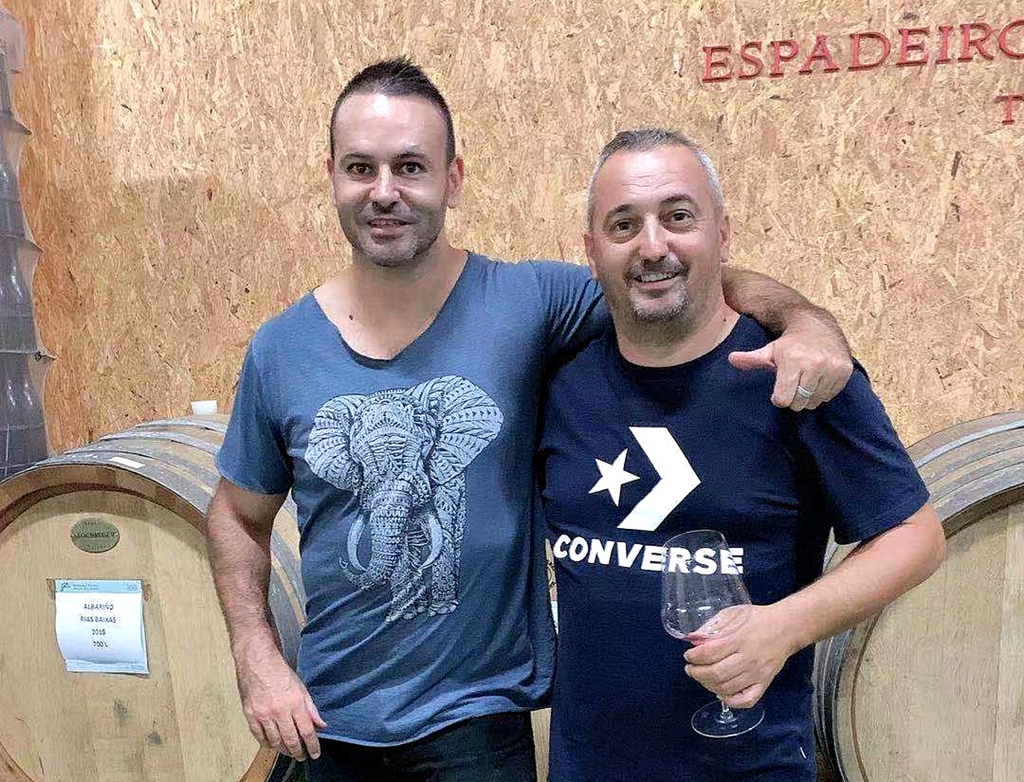
Do you sell beyond “tier 1” cities like Beijing, Guangzhou and Shanghai?
We focus on Beijing and Shanghai. We don’t have enough resources to open new markets and don’t want to develop more areas than we can handle. Everyone is happy and satisfied right now and we don’t want to ruin it. The key is everyone has to be happy and, believe me, reaching that point is not easy.
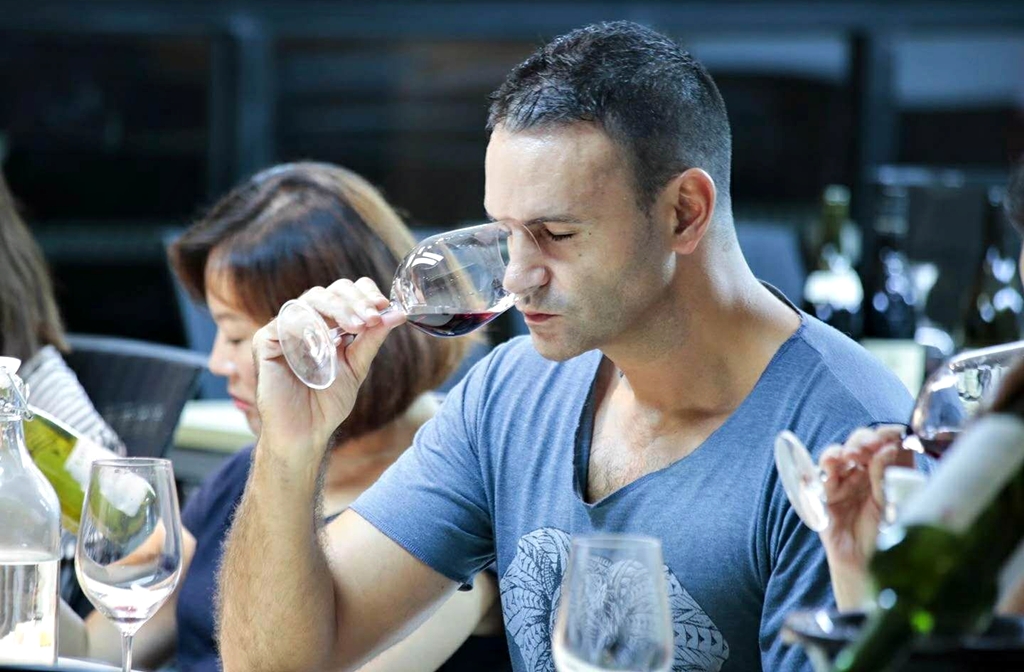
How important are events like big public tastings and trade fairs versus private tastings and word of mouth? Is the idea of wine as a “lifestyle” a major factor for your clients?
For me, wine events are mostly to clean out stock and this is not what we want. Also, we don’t participate in wine fairs because most importers are looking for Spanish wines with an ex-cellar price of under one euro. We prefer to do private tastings with a wide lineup of wines and give people a chance to judge for themselves.
Wineries are like a second family. One of the secrets is that I have a very good relationship with these wineries. I visited all of them, I tasted the wines, I treated the people as good friends from the beginning. If I have passion for the wines, it is because I saw it at the wineries, I experienced it together with the people involved.
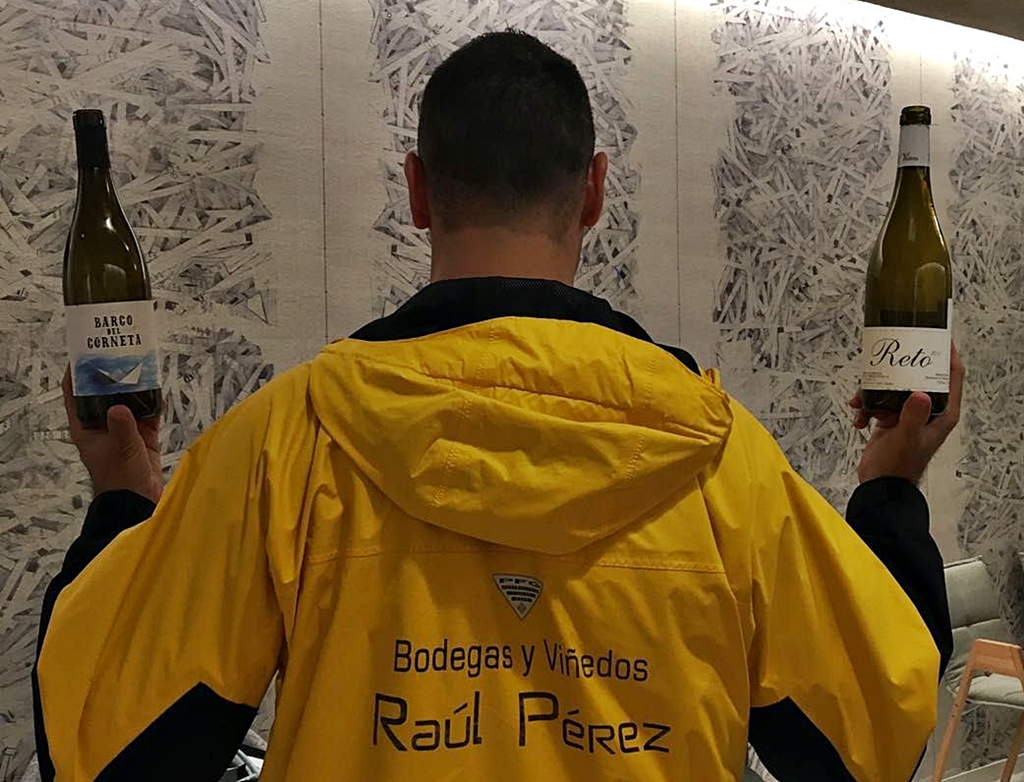
What advice do you have for boosting the presence of Spanish brands in China? What does the Spanish wine trade as a whole need to do to improve its position?
Learn about Chinese culture. This market is not the same as in Europe. You need patience. Unfortunately in Spain, a lot of wineries see China as the future, think a big market means huge sales. Or that if a particular winery sold a lot in China, it is better than the others and can sell even more.
In terms of quality, I saw a lot of very important brands from Spain are no longer in China because people are more focused on low-priced wines. It’s a pity because “together” we could create something great.
I say together because in Spain it’s impossible or at least very complicated to get cooperation. Each region promotes itself here in China and we criticize each other so often. Rioja is from one side, now Ribera del Duero from another, and Jumilla from yet another.
Each winery goes to war, and fights for territory, on its own. We don’t fight together, we don’t have a union, to push a marketing campaign with the same goal and create the brand “Spain”, a brand that offers high quality at fair prices.
That’s a pity because Spain is making the best wines in its history, with a new generation of wine-makers; because Spain has such a rich diversity of wines, soils and climates to offer.
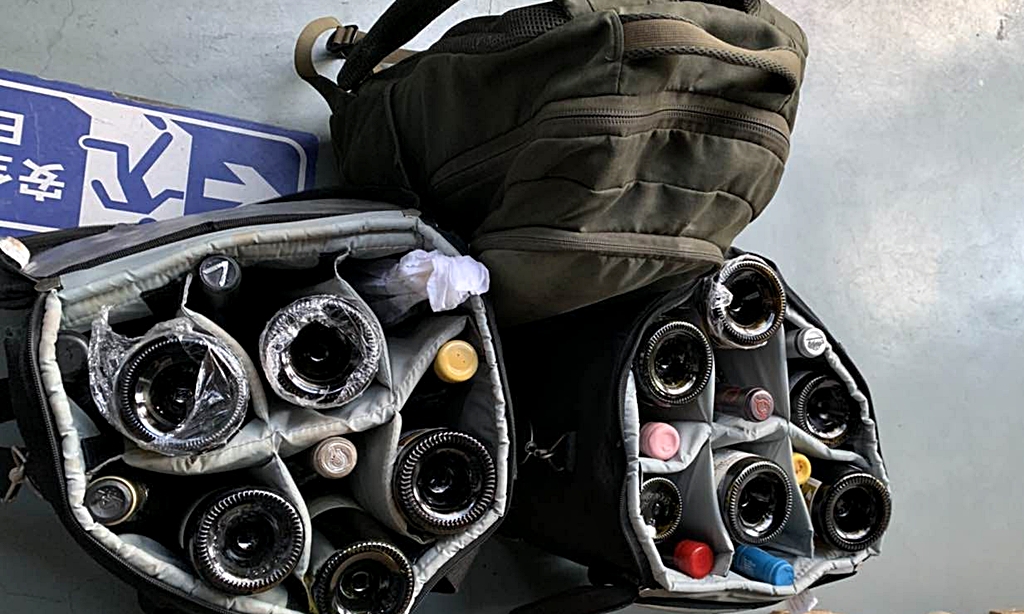
Grape Wall has no sponsors of advertisers: if you find the content and projects like World Marselan Day worthwhile, please help cover the costs via PayPal, WeChat or Alipay.
Sign up for the free Grape Wall newsletter here. Follow Grape Wall on LinkedIn, Instagram, Facebook and Twitter. And contact Grape Wall via grapewallofchina (at) gmail.com.

Leave a Reply
You must be logged in to post a comment.